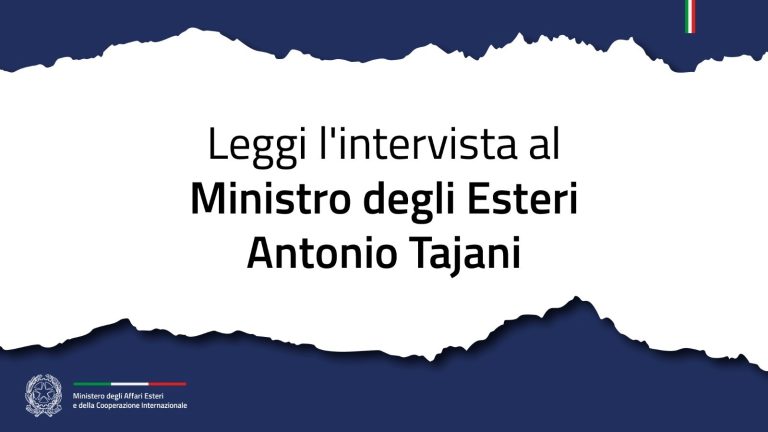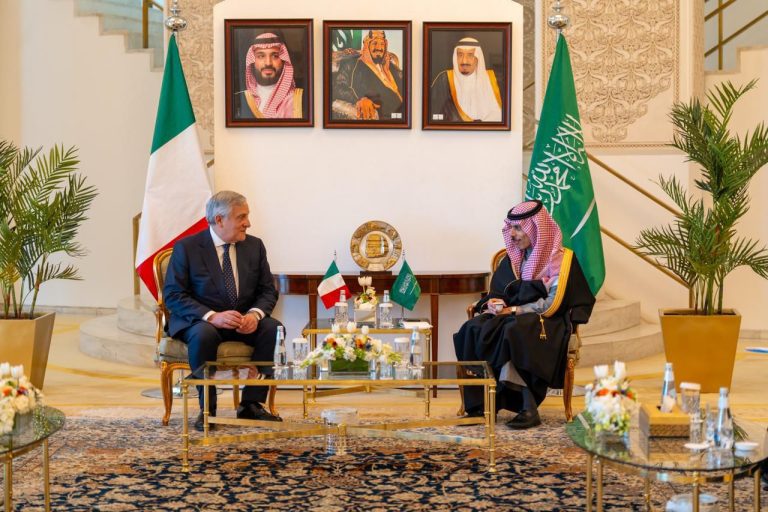Attracting international financing and strengthening the private sector are two of the pillars of the new National Financing Strategy for Sustainable Development that the Egyptian Government launched last spring with the aim of addressing the challenges posed by the energy transition and adaptation to climate change. The Strategy also aims to define the priority sectors where to allocate the scarce public resources and create sustainable financing solutions.
The global and regional crises that have characterized recent years – from the pandemic to the conflicts in Ukraine and Gaza – have reduced the availability of money and increased costs for the Egyptian administration, which is also committed to carrying out the reforms requested by the International Monetary Fund (IMF) and the European Union (EU) to stabilize its economic, fiscal and monetary framework. Among these, strengthening the role of the private sector is a key factor. It is precisely in this context that the National Integrated Financing Strategy (E-INFS) is placed to mobilize resources to accelerate the achievement of the Sustainable Development Goals (SDGs), also set in the Egypt Vision 2030.
Seven priority development sectors have been identified: social protection, health, education, women’s empowerment, sanitation, transport and climate change. According to an analysis by the United Nations Development Programme (UNDP), presented in the report published in 2024, Egypt runs the risk of not achieving the SDGs set by 2030 because it suffers from a financing gap, estimated at around 40 billion dollars per year until 2030 in key sectors, particularly transport, electricity and health.
The Strategy therefore proposes a series of integrated actions to attract the necessary financing, drawing both on the State budget – although fiscal room is limited – and above all on national and international private capital. As regards public finance, in line with the IMF or EU assistance programme, the need to pursue reforms for fiscal and debt sustainability has been highlighted, by increasing tax compliance through the digitalisation of tax administration, the issuance of innovative instruments such as green bonds and sukuk, and the rationalisation of expenditure taking the identified priority sectors into account.
The growth of the private sector in Egypt is deemed essential to ensure the country’s economic stability in the medium term. Some interventions have also suggested leveraging the financial strength of major State-owned companies, particularly public banks, to attract foreign investment in industrial and infrastructure projects considered a priority by the Government, thus avoiding increasing public debt.
With a view to encouraging domestic private investment, it has been proposed to promote collaborations between the public and private sectors (so-called public-private partnerships) using tools that allow for sharing and reducing risks, supporting sustainable finance (green finance) and combating illicit financial flows. Improving risk management can also promote financial inclusion and thus increase the availability of funds.
In order to attract private capital from abroad, it is important to make the business environment more favourable for companies and foster new foreign direct investment. At the same time, the aim is to increase remittances from Egyptians living abroad, including through digital payment tools currently being developed by the Central Bank of Egypt. The country’s private sector shall contribute up to 60% of the financing needed to achieve the Sustainable Development Goals, through loans, equity investment, blended finance and guarantees. The guarantees provided by multilateral organizations and insurance instruments can also make the involvement of foreign public investors easier.
In view of implementing this strategy, strong coordination between the Government, businesses and international partners will be essential. To this end, a monitoring structure has been created, led by the Ministry of Planning and International Cooperation, which will work together with other Ministries and UN agencies, including UNDP, the United Nations Children’s Fund (UNICEF), the UN Women’s Agency (UN Women), the International Labour Organization (ILO) and the United Nations Conference on Trade and Development (UNCTAD). This body will coordinate financing policies in key development sectors, define annual objectives, analyse financial needs and risks, develop indicators to monitor results and publish an annual report with the progress achieved and the resources mobilized.







